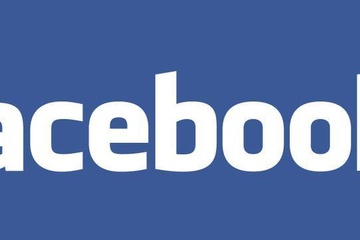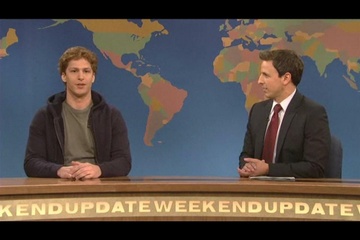MS: In today’s ambiguous world of dating, Facebook owes us some certainty.
When you read enough Jane Austen novels and watch enough romantic comedies, you know how two people meet and fall in love: First, you lock eyes across a crowded room. Next, one of you walks jauntily over to the other, and you engage in witty banter until the chapter or scene fades out.
And then you go home and look up each other’s relationship statuses on Facebook.
Okay, maybe that last one doesn’t happen in Jane Austen novels. But that’s because if two people were together, they’d dance three waltzes instead of the customary two, or the man would give the woman his handkerchief, or something.
The point is: there were codes. When Mr. Bingley was single, it was “universally acknowledged.”
We need codes! Dating has become confusing enough since Jane Austen’s time. For instance, what does it mean when someone says “can I have your notes from lecture?” Maybe that’s a proposal. You really never know.
And technology hasn’t helped the matter. In the movie “He’s Just Not That Into You,” after checking her texts, e-mail, and voicemail for a message from one guy, Drew Barrymore complains that “you have to go around checking all these different portals just to get rejected by seven different technologies.” And that was 2009. Before Snapchat even existed.
So the way I look at it, Mark Zuckerberg owes the dating world a favor. If I have to spend my life waiting for various electronic messages from a man, I should, in the mean time, at least be able to stalk his online presence extensively and confirm that he’s single. If I can’t figure that out with a single click to his “about” page, and I have to scroll through a bunch of photos and ambiguous wall posts to figure it out, it’s really just a waste of my time.
Please don’t judge me.
Besides, in today’s world, nothing really happens unless it happens online. I mean, would you even consider eating a meal without Instagramming it with an attractive border? You might as well starve. So, to ask a Carrie Bradshaw-esque question, if you’re in a relationship and no one’s around to see your status update, have you really gotten together? At least give a girl your handkerchief.
DC: Throw it back to 2007. If you were one of the lucky few to have found your significant other over meaningful instant message conversations (“hey,” “what’s up,” “nmjc,” “same”) and passionate dances with only a few arms’ lengths between you, you had access to one of the most jealousy-provoking internet tools known to man: the Facebook relationship status. As soon as Jimmy sent a request to Sarah to be “In a Relationship,” all the other 8th grade girls were wiping away their tears of jealousy and“liking” the status so as to seem unaffected by the situation (even though it signified the declaration of a love similar to that of Troy and Gabriella). Back then, the relationship status tool represented a solidification of your relationship, whatever type of relationship that might have been. Whether it was a real love or a declaration of being “single and ready to mingle,” the relationship status was your way of letting the world know where you stood in matters of the heart.
Today, the status is used less sincerely, but it still maintains a crucial role in social media self-portrayal. The ironic use of relationship statuses only adds to the fun. Sure, there are some documented cases of true marriages (shout-out to the adults on “The Facebook”), but most reported “marriages” signify a strong friendship. Is there anything wittier than being in a “marriage” with your best friend? Yeah, probably. But we only have so many ways of pointing out with how popular we are (Twitter, Instagram, and Snapchat just aren’t enough).
Proclaiming “it’s complicated” with your best girl friend serves two purposes: you’re making it clear who’s at the top of your iMessage list, but also suggesting that the irony of a fake relationship status wasn’t bold enough for you two. Obviously, you had to pick the most attention-grabbing option.
And then there are the red flags that Facebook relationship statuses help point out. If you’re interested in that guy who’s publicly “in an open relationship,” run away. Not only is this an indicator of his questionable character, but it’s also strange that he’s comfortable putting this on his Facebook page. Or take the couple who started dating three minutes prior to posting the change in their relationship status. Hopefully that relationship lasts longer than the time it took them to log into Facebook Mobile and share the news with their “friends.”
Maybe Facebook relationship statuses aren’t important to our society because of their legitimacy, but people should certainly value them for showing how someone is trying to portray themselves on social media. So, keep the fake marriages coming! How else are we supposed to know who your BFF is?






